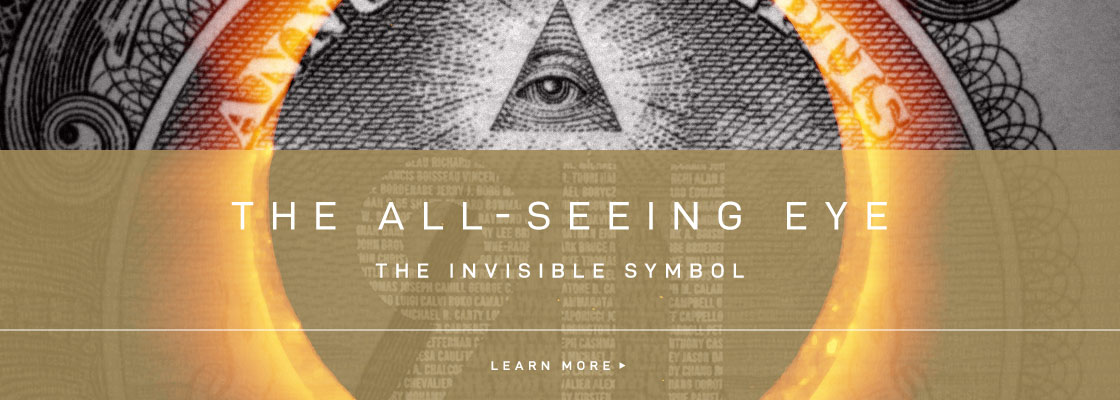
ECOCIDE
noun
destruction of the natural environment, especially when deliberate.
Shinzo Abe
(Prime Minister of Japan, 2012-2020)


Shinzo Abe (born 21 September 1954) is a Japanese politician who served as Prime Minister of Japan and President of the Liberal Democratic Party (LDP) from 2006 to 2007 and again from 2012 to 2020. He is the longest-serving prime minister in Japanese history. Abe also served as Chief Cabinet Secretary from 2005 to 2006 under Junichiro Koizumi and was briefly leader of the LDP while it was in opposition during 2012.
Abe was elected to the House of Representatives in the 1993 election. He was appointed Chief Cabinet Secretary by Prime Minister Junichiro Koizumi in September 2005, before replacing him as prime minister and LDP president in September 2006. He was subsequently confirmed as prime minister by a special session of the National Diet, becoming Japan’s youngest post-war prime minister, and the first to have been born after World War II. Abe resigned as prime minister just after one year in office, due to medical complications from ulcerative colitis, shortly after his party lost that year’s House of Councillors election. He was replaced by Yasuo Fukuda, who became the first in a series of five prime ministers who each failed to retain office for more than sixteen months.
After recovering from his illness, Abe staged an unexpected political comeback, defeating Shigeru Ishiba, the former defense minister, in a ballot to become LDP president for the second time in September 2012. Following the LDP’s landslide victory in the general election that December, he became the first former prime minister to return to the office since Shigeru Yoshida in 1948. He led the LDP to two further landslides in the 2014 and 2017 elections, becoming Japan’s longest-serving prime minister. In August 2020, Abe announced his second resignation as prime minister, citing a significant resurgence of his ulcerative colitis. He tendered his resignation on 16 September, upon the Diet electing Chief Cabinet Secretary Yoshihide Suga as his successor.
Abe is a conservative whom political commentators have widely described as a right-wing Japanese nationalist. He is a member of Nippon Kaigi and holds negationist views on Japanese history, including denying the role of government coercion in the recruitment of comfort women during World War II, a position which has created tension with neighboring South Korea. He is considered a hard-liner with respect to North Korea, and advocates revising Article 9 of the pacifist Japanese constitution to permit Japan to maintain military forces. Abe’s premiership was known internationally for his government’s economic policies, nicknamed Abenomics, which pursued monetary easing, fiscal stimulus, and structural reforms.
Economic policy (Abenomics)
In November 2013 the Abe cabinet passed a bill to liberalize Japan’s electricity market by abolishing price controls, breaking up regional monopolies, separating power transmission from generation by creating a national grid company. This move was partly in response to the 2011 Fukushima disaster, and the bill faced little opposition in the Diet. By March 2015, more than 500 companies had applied to the Economy Ministry to enter the electricity retail market and electricity industry is expected to be fully liberalised by 2016, with gas utilities following suit by 2017. Abe has also said he favors the re-building of Japan’s nuclear reactors following the Fukushima disaster (though much of the authority to restart nuclear plants lies with local governments) and plans to strengthen relations with the United States.
Discharge of radioactive water of the Fukushima Daiichi Nuclear Power Plant (Reactions to dumping)
Official nuclear science panels
The Japanese expert panel “ALPS subcommittee”, set up by Prime Minister Abe, released a report in January 2020 which calculated that discharging all the water to the sea in one year would cause a radiation dose of 0.81 microsieverts to the locals, therefore it is negligible as compared to the Japanese’ natural radiation of 2,100 microsieverts per year. Its calculations was endorsed by IAEA.
Source: Wikipedia
False Flag
A false flag is a covert operation designed to deceive; the deception creates the appearance of a particular party, group, or nation being responsible for some activity, disguising the actual source of responsibility.
4.2 – Shinzo Abe
(Prime Minister of Japan, 2012-2020)




Subliminal Symbolism

The Invisible Symbol
Historical Truth

Continue Reading (Part 4.3)

END RADIOACTIVE DUMPING

SAVE THE OCEANS
HOLD THEM ALL ACCOUNTABLE



You must be logged in to post a comment.